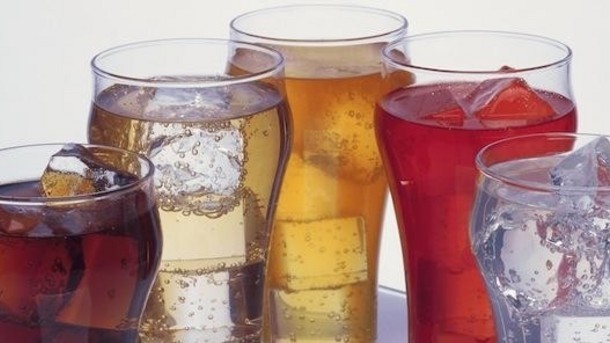Artificial Sweeteners in Low-Calorie Drinks Affects The Metabolism

They go under several names: diet, light, sugar-free, zero-calorie, or low-calorie drinks. Whatever the name, they all share the same freedom of sugar. They use artificial sweeteners to make carbonated beverages sweet with virtually no calories.
They are generally marketed toward health-conscious people, people with diabetes, athletes, and other people who want to lose weight, improve physical fitness, or reduce their sugar intake. Though artificial sweeteners had been known since the discovery of saccharin in 1878, the diet beverage era began in earnest with the development of No-Cal ginger ale in 1952.
As time went by, low-calorie drinks, or better said the artificial sweeteners in them that replace sugar, were blamed for causing trouble. Serious trouble, such as disrupting human metabolism, is promoting the development of diabetes, obesity, and glucose intolerance. It also impairs the neurological response. Not an easy stigma, given the purpose they were marketed for.
The new research shed more light on the impact of artificial sweeteners on the human body
A new study made by Yale researchers broke the spell: sucralose in diet drinks doesn’t do that. But mixed with carbohydrates it sure does. Sucralose is an artificial sweetener and sugar substitute. It is noncaloric. In the European Union, it is also known under the E number E955. It is found in low-cal soft drinks, candy, breakfast bars, and other products.
It is produced by chlorination of sucrose. Sucralose is about 320 to 1,000 times sweeter than sucrose, three times as sweet as both aspartame and acesulfame potassium, and twice as sweet as sodium saccharin. Evidence of benefit is lacking for long-term weight loss with some data supporting weight gain and heart disease risks.
The study proved that disruptions in the metabolism and neurological system occurred only when carbohydrate in the form of a tasteless sugar was added to the drink. Consuming seven diet drinks in two weeks proved to be no problem for the 45 subjects implicated in the study. However, mixing the diet beverages with carobs, like French fries, for example, showed changes in the brain or metabolic response to sugars. So, choose your freedom: sugar or carbs?
0 comments